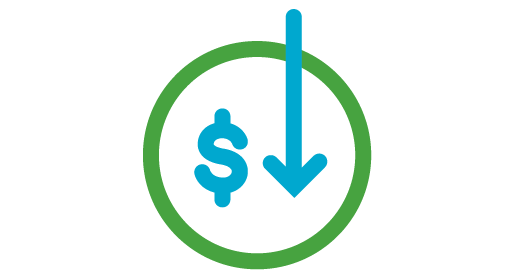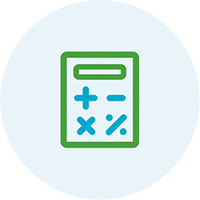Large enough to perform, small enough to care

Strong long-term performance
Our Balanced option has returned 7.52% over the last 10 years1

Competitive fees
Our fees are competitive, leaving you more in retirement. Every dollar counts.

Help when you need it
Talk to real people on the phone, online or face to face.
Join a fund run to benefit you
As an Industry SuperFund, our profits are returned to members, not shareholders.


How we invest your savings
Our goal is to deliver strong long-term investment performance so you can enjoy a better retirement.

Supporting regional Australia
We have dedicated Member Coordinators servicing regional Australia and we proudly support regional events.

Superannuation Calculators
Our calculators help project how much super you’ll have at retirement and how long it will last and more.
We’re here to help

Financial advice
Most members get all the advice they need without paying extra. Speak with real people who will answer your call.

Super and Retirement Health Checks
Receive 1:1 financial advice about your super. Find out if your super is on track for the future you want.

Local Member and Employer coordinators
Get the most from our local coordinators. Super support for members and employers.

Online account
Keep track of your super by setting up your account online through firstonline.
1 As at 30 June 2025






